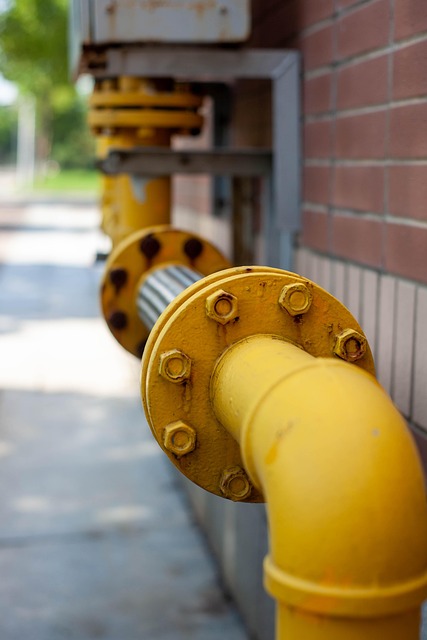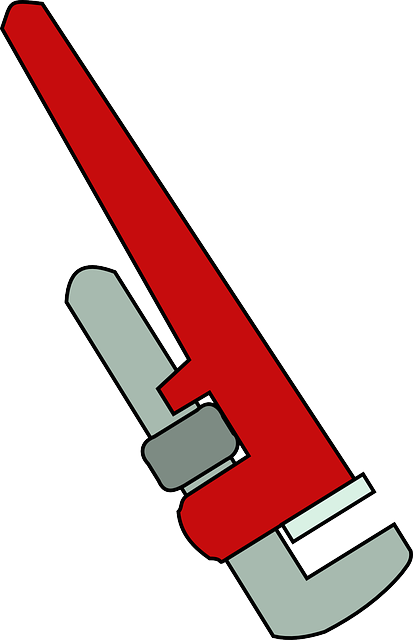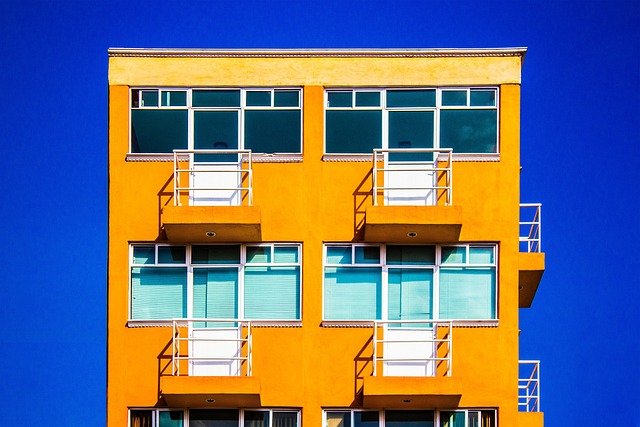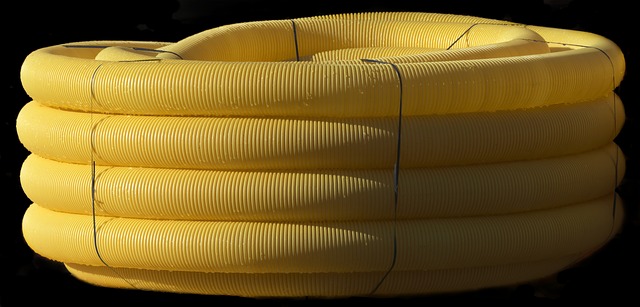Pipe corrosion, driven by factors like galvanic interactions between metals, hard water mineral buildup, and poor ventilation, can cause significant structural damage. To prevent costly repairs, regular inspections are crucial. Addressing common causes such as mixed metal fittings, inadequate drainage, and hard water is essential for maintaining plumbing systems' longevity. Early detection of issues like rust or leaks, coupled with strategies like water softeners and proper ventilation, minimizes corrosion-related damage.
“Pipes are the silent backbone of our homes and businesses, carrying vital resources and waste. However, they face relentless attacks from within and without, with galvanic corrosion and hard water damage being among the most insidious threats. This article delves into these common causes of pipe corrosion, exploring ‘Understanding Galvanic Corrosion: The Silent Enemy Within’ and ‘Hard Water: A Hidden Threat to Your Plumbing System’. We also provide essential ‘Preventive Measures’ to safeguard your pipes from damage.”
- Understanding Galvanic Corrosion: The Silent Enemy Within
- Hard Water: A Hidden Threat to Your Plumbing System
- Preventive Measures: Protecting Your Pipes from Damage
Understanding Galvanic Corrosion: The Silent Enemy Within

Galvanic corrosion, often referred to as a silent enemy, is a common cause of pipe corrosion that can go unnoticed for years. It occurs when two different metals come into contact with each other in the presence of an electrolyte, such as moisture or salt water. This creates a chemical reaction where one metal acts as an anode (loses electrons) and the other as a cathode (gains electrons), leading to the deterioration of both metals over time. Common causes include mixing dissimilar metals in plumbing systems, improper installation, or exposure to corrosive environments.
This type of corrosion can start with small pitting and eventually lead to significant damage if left unchecked. It’s crucial to identify and address galvanic corrosion early on to prevent costly repairs and maintain the integrity of your plumbing system. Regular inspections and using appropriate materials in mixed metal connections are essential steps in mitigating this silent threat.
Hard Water: A Hidden Threat to Your Plumbing System

Hard water, often overlooked, poses a significant threat to your plumbing system, especially over time. The primary culprit is mineral buildup, primarily calcium and magnesium, which accumulate in pipes due to their presence in tap water. This buildup can lead to reduced water flow, pipe damage, and even failure. As hard water passes through pipes, it reacts with the metal, causing a slow but steady corrosion that weakens the pipeline. Over time, this can result in significant damage, leading to costly repairs or replacements.
The common causes of pipe corrosion include water pressure fluctuations, inadequate drainage systems, and temperature changes, all of which contribute to the deterioration of pipes. Hard water is an insidious enemy as it often goes unnoticed until severe damage occurs. Homeowners should be vigilant about maintaining their plumbing systems, including regular inspection and cleaning, to mitigate these hidden threats and ensure the longevity of their pipes.
Preventive Measures: Protecting Your Pipes from Damage

Preventive measures are crucial in safeguarding your pipes from damage caused by common corrosion triggers, such as galvanic corrosion resulting from metal pipe fittings interacting with dissimilar metals. To mitigate risks, regular inspection and maintenance are key. Checking for any signs of rust, leaks, or unusual noises can help catch potential issues early on.
Additionally, improving ventilation in plumbing systems can reduce moisture buildup, which is a primary driver of corrosion. Using water softeners to combat hard water damage is another effective strategy. By mitigating these common causes of pipe corrosion, you not only extend the lifespan of your pipes but also avoid costly repairs and disruptions caused by leaks or clogs.
Understanding the common causes of pipe corrosion, such as galvanic corrosion and hard water damage, is the first step in protecting your plumbing system. By implementing preventive measures, you can safeguard your pipes from these silent threats and ensure a durable, efficient water flow for years to come. Regular maintenance and awareness are key to avoiding costly repairs and keeping your home’s plumbing in top condition.
